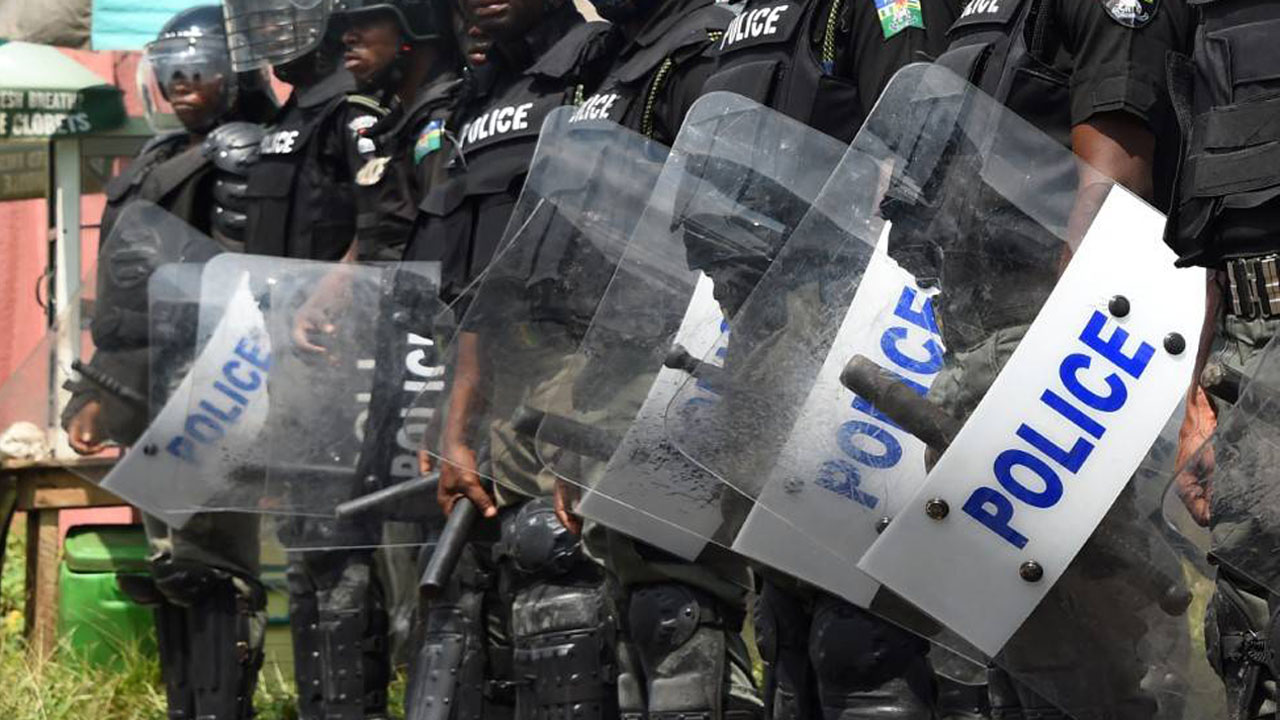
The Nigerian public space is currently dominated by a defamation brouhaha, with some alluding to a David and Goliath scenario, with either a fight-to-finish or a crushing, decimation outcome. The matter is subjudice; so, I am not going to dwell on specifics. The insinuations in the ongoing case are not healthy, and as some have suggested, all parties in the conflict would certainly go away with bloodied noses when the dust finally settles! My thesis statement is this: the pungent odour which follows defamation suits do not easily go away. In the court of public opinion, David is always right in the fight against Goliath.
Defamation! A powerful world. Even scary. To be defamed could cause one great embarrassment, especially if one is a public figure. Defamation is defined as ‘communication to a third party of false statements about a person that injure the reputation of or deter others from associating with that person’. It is also defined as ‘when a person makes an untrue statement about another individual, either verbally (slander) or in writing (libel), to a third party and the statement causes the individual damage’. To win a defamation case, one must prove that there was a false statement, that the statement caused one injury, that the statement was published, and that the statement was not made under privilege.
One of the earliest cases of defamation in North America happened in 1656. One Sarah Bridgman accused her neighbour Mrs. Mary Parsons of witchcraft. Can you beat that? Witchcraft. Mary’s husband sued Sarah for defamation and the court ruled in Mary’s favour and she was asked to make a public apology, pay a fine, and court costs. It is said that though Mary was cleared again 20 years later of witchcraft, rumours of witchcraft continued to follow the couple even after they moved to another city. This case reminds me of two good friends in my secondary school days, who fell out and one accused the other of witchcraft. Both ladies were said to have gone to a babalawo’s house to disprove or prove witchcraft. The story is that the baba confirmed witchcraft in one of them, an accusation which she denied. The smell of witchcraft went with the beautiful Miss A throughout our school days. Indeed, all friends avoided her till we left school. I do not know whether this foul accusation is what has prevented Ms A from featuring in any post-secondary school event, some 45 years after the incident. No one seems to know Miss A’s location.
In 2022, movie star Johnny Depp sued his ex-wife, actress Amber Head because she defamed him in a Washington Post article in which she insinuated that her ex had been a violent spouse. She didn’t mention his name but anyone who read the essay knew that her husband was the target and subject. Depp lost out on several job opportunities on account of the article. His suit in a Virginia court was successful. The jury awarded ten million dollars ‘punitive and compensatory’ costs against Amber because it was established that ‘portions of the article were defamatory to the plaintiff’.
In Britain, actor Tom Cruise was the victim of libel, this time by a newspaper, The Daily Express which alleged that ‘Tom Cruise got married to Nicole Kidman because they wanted to mask their sexuality and of course adhere to the Church of Scientology, who had apparently arranged the whole thing’. The newspaper also alleged that Tom was ‘impotent and sterile! How could they prove that these hurtful and damaging allegations were true? In the end, the newspaper apologised to the couple and paid an ‘undisclosed six-figure sum.
In 2022, a Federal University Dutse student, Aminu Adamu Mohammed, was arrested after the spouse of then President Muhammadu Buhari, Hajia Aisha filed a complaint to the police alleging defamation. Aminu had tweeted a message which the complainant found uncomplimentary. The international outcry on social media brought undue attention to the presidency, and everyone wondered why Madam did not ignore that post. Aminu was detained for two weeks in harsh conditions. Aminu was released in December of 2022 on compassionate grounds after he apologised to the complainant. It is interesting that NANS demanded an apology from Hajia Buhari for beating up their member while in custody!
In the case of Bakare and Ishola, two men who were involved in a fight, one of the parties was found guilty of libel because in the heat of an argument, the defendant had called the other in the presence of observers, ‘a thief, ex-convict, and someone who just came out of prison’. The court held that the words indeed ‘vulgar abuse!
To be defamed one must have a reputation, a name. Obscure people do not respond to defamation. Some people are so embarrassed and humiliated by such libelous statements that they simply disappear from their social circles. For example, in a small group or association, a married woman who is rumoured to be having affair with another man cannot wash away the dirt-image, even if the allegation is not factual. Some just melt away, nursing their wounds. In our local social, cultural, and religious communities, people fight slandering allegations through established channels. Most do not go to court. A prolonged court matter could expose more terrible things or bring the whole matter to the attention of those who were not aware of the matter ab initio.
The emergence of social media has introduced new dimensions to defamation, libel, and slander, especially by faceless persons who generate false information and have others make such posts viral. There have been too many reputations ruined by false information circulated on social media. A slandered person does not find it funny.
The laws on libel are designed to protect the innocent. In our circumstances, political office holders are fair game for slanderous and libelous statements. There are always exaggerations and distortions in allegations against the high and mighty in society. The political atmosphere permits it. However, in Nigeria, the powerful persons in power can use state machinery against anybody who dares to criticise them or call them to account. Decree 4 of 1984 promulgated by Major General Muhammadu Buhari, stated that ‘any person who publishes in any form, whether or written or otherwise, any message, rumour or statement or report which is false in any material particular or which is calculated to bring the federal military government … to ridicule shall be guilty’.
The best advice is: truth is generally the best vindication against slander. Some people have heeded the advice by a philosopher: If evil is spoken of you and it be true, correct yourself; if it be a lie, laugh at it!






